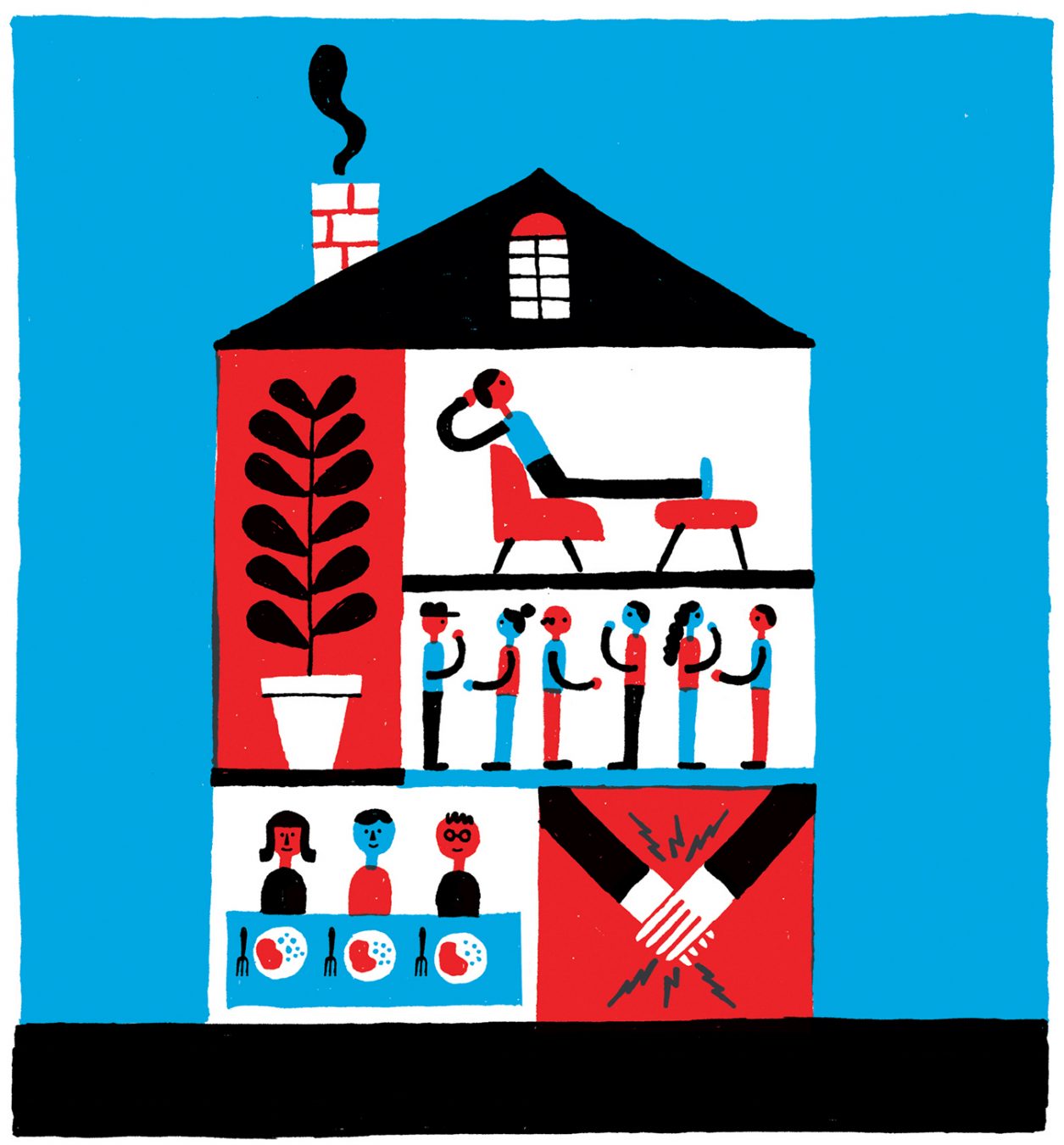Lunchtime. The Vancouver Whitecaps and Carl Valentine are present, shaking hands, chatting. Michael Meinhardt, chef, has brought the repast for today, from Meinhardt Fine Foods, and the crowd is certainly appreciative. The crowd, mainly, are cancer patients, but also clients, temporary residents of what the Canadian Cancer Society calls, simply, the Lodges.
The Lodges are, in fact, a set of rooms, very much like a set of good hotel rooms, in which patients living in more remote areas who are receiving treatment that requires them to stay in Vancouver for a few weeks can stay for the duration of their treatment. Julia Payson is the director of accommodation, transportation, and financial support for the Canadian Cancer Society. She oversees the Jean C. Barber Lodge in Vancouver, which opened its doors 30 years ago, plus three other lodges across B.C.: the Vancouver Island Lodge in Victoria is nearly 20 years old; Southern Interior Rotary Lodge in Kelowna, 15; and last year a fourth place was opened in Prince George, called the Kordyban Lodge. “The lodges are here to support people coming in to the urban centres for specialized cancer treatment,” Payson says. “Extended out-patient treatment can often be several weeks’ duration. That can create quite a hardship for people who are already struggling with cancer. We provide a space that is more like home than a hotel would be. We provide a different culture, even.”
The overall feel of the place is overwhelmingly positive, as patients come and go, socializing as they please, often congregating in the television areas. (TVs are not in any of the rooms themselves, which actually encourages people to get to know each other a little.) Payson notes that “cancer is a common experience here. Each person in the rooms is going through something of a similar experience”.
Gwen Clyne is a cancer survivor, and, after many years as a volunteer, is now an employee of the Canadian Cancer Society. “During my treatments, the big challenge was time away from my family, husband, and two young kids. After returning home from treatment, I had an overwhelming urge to give back, to make a positive difference for others diagnosed with cancer,” she says. Clyne recalls clearly her time at the Lodge, all of 16 years ago now. “I remember long walks with new-found friends, scheduling our radiation appointments so we could have time together. There were so many examples of companionship, even of joy, that my stay at the Lodge created.”
Darrel Alexander is currently a cancer patient, and his wife Diane spends a lot of time with him at the Lodge. “The Lodge has made a huge difference for us,” he says. “We were told to expect an overnight stay at first, but that extended to several months. Going through such a tough time, it made a huge difference for us to have the services, the friendliness and helpfulness of the staff.” On a typical day, Darrel heads to the BC Cancer Agency for treatment, usually every two weeks for six days. Diane stays with him for the whole day’s treatment. And then they are able to return to their room, for dining, sleep, and a bit of social activity. Diane says, “We go out for walks between meals, and visit in the activity room. We honestly don’t know what we would have done if the Lodge wasn’t here”.
The vast majority of people on staff are in fact volunteers. “It is a real community of caregivers,” says Payson. “It is a place of welcome, of compassion, and warmth. Many of the volunteers are very long-term, and often, are cancer survivors themselves. And one thing we always keep in mind here is to meet each person, get to know them first, before you meet the disease. Almost everyone here has been touched by cancer, one way or another.”
As Michael Meinhardt begins clean-up with his team, and as Carl Valentine sits for another photograph, the dining room has a peaceful air about it. It is in fact difficult to determine who are the patients, who are not, since everyone appears to be enjoying the moment, not to mention the food. That is perhaps the most significant point about the Lodges. The residents can deal with their ordeal, often a very long road back to some kind of long-term health, in a supportive, communal setting, in which they can focus on getting better, instead of dealing with the myriad of details and expenses life without a Lodge would entail. Health is hastened, here.








